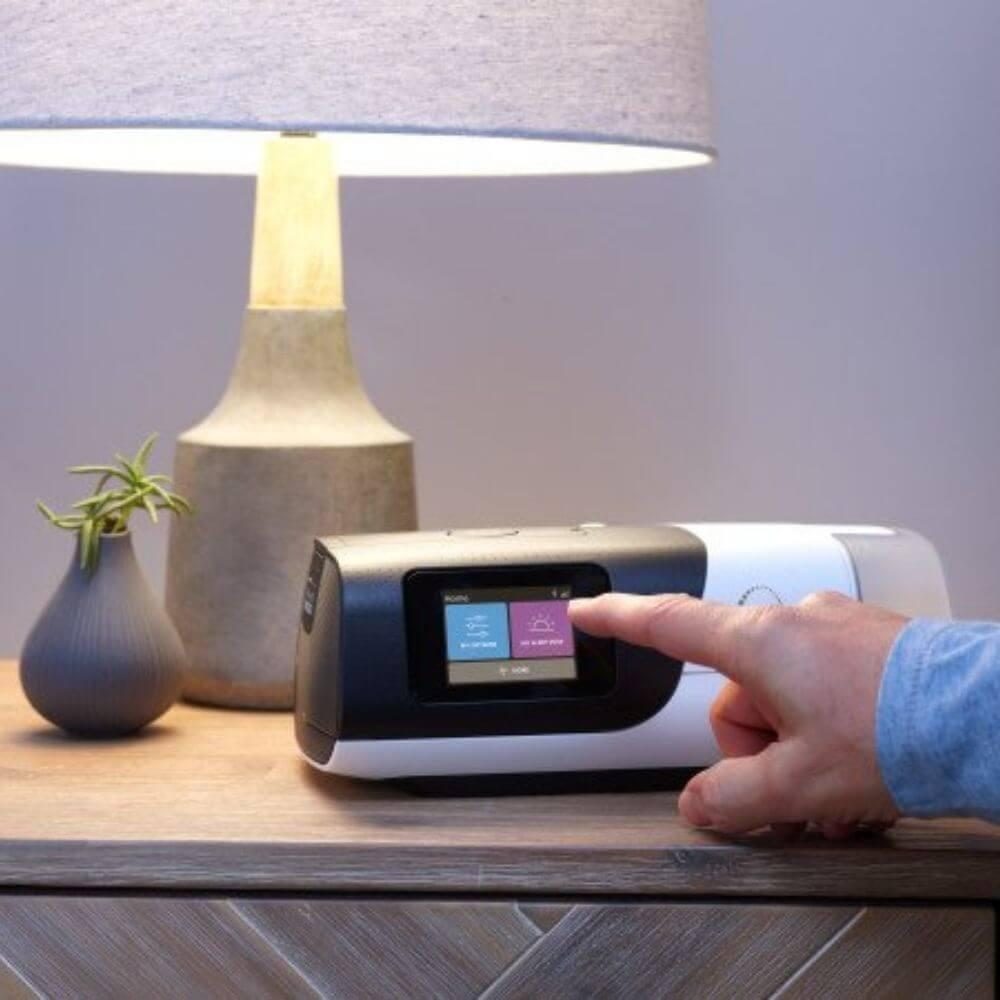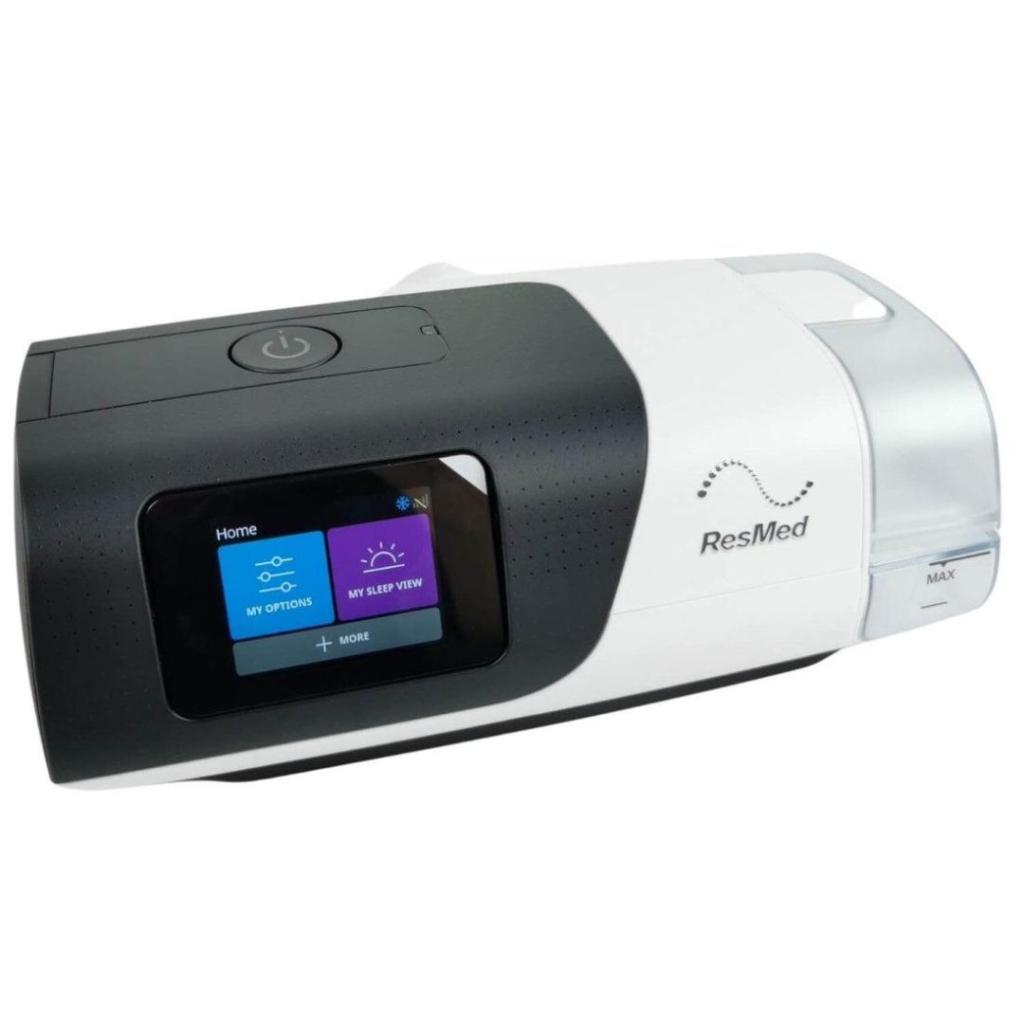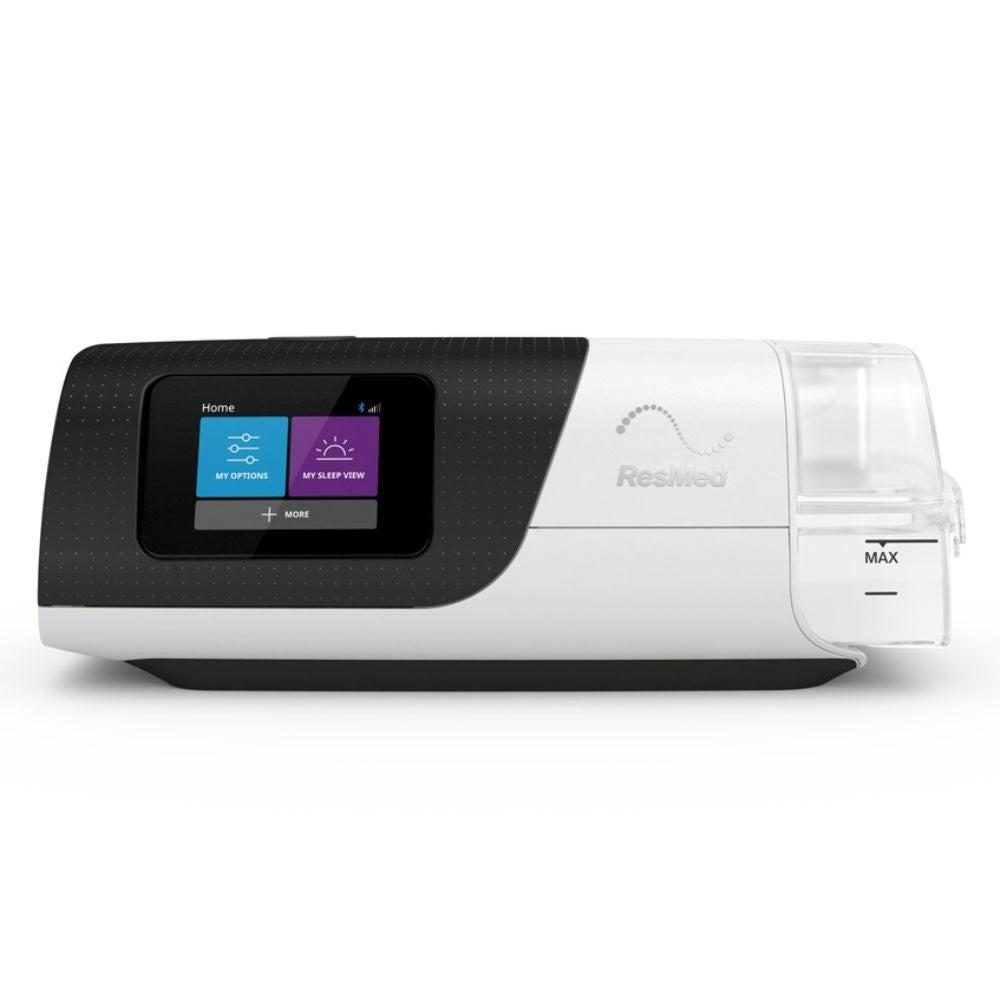Respiratory therapy with CPAP (Continuous Positive Airway Pressure) machines is one of the most effective treatments for obstructive sleep apnea (OSA) and other respiratory diseases. CPAP machines provide a constant positive pressure in the airways, which helps to keep them open and makes breathing easier.

The principle of operation of CPAP devices.
They create a constant flow of pressurized air that is delivered through a mask to the patient’s airway. This pressure helps prevent airway collapse during sleep, which is the main cause of obstructive sleep apnea.
The main components of a CPAP device:
- Compressor. Creates a stream of air under pressure.
- Tube. Delivers air from the compressor to the mask.
- Mask. Provides an airtight connection to the patient’s airway.
- Filters. Purify the air from dust and allergens.
- Humidifier. Provides air humidification, preventing dry mucous membranes.

Benefits of using CPAP devices:
- Improved sleep quality. CPAP therapy eliminates the symptoms of sleep apnea, such as snoring and interruptions in breathing, providing the patient with deep and uninterrupted sleep.
- Increase in the level of oxygen in the blood. Constant pressure in the airways promotes better oxygenation, which is important for patients with respiratory diseases.
- Reducing the risk of complications. Effective treatment of sleep apnea reduces the risk of cardiovascular disease, stroke, and other complications.
- Improved quality of life. Patients feel less tired and drowsy during the day, which has a positive effect on their performance and overall well-being.

Indications for the use of CPAP devices.
Obstructive sleep apnea (OSA).
CPAP therapy is a standard treatment for obstructive sleep apnea. It effectively eliminates interruptions in breathing and improves the quality of sleep of patients.
Central sleep apnea.
Central sleep apnea is caused by disorders of the central nervous system, which does not send signals for breathing. CPAP therapy helps to stabilize breathing and improve oxygenation.
Chronic obstructive pulmonary disease (COPD).
Patients with COPD may have airway obstruction that makes breathing difficult. CPAP Machines help keep the airways open and reduce the load on the respiratory muscles.



